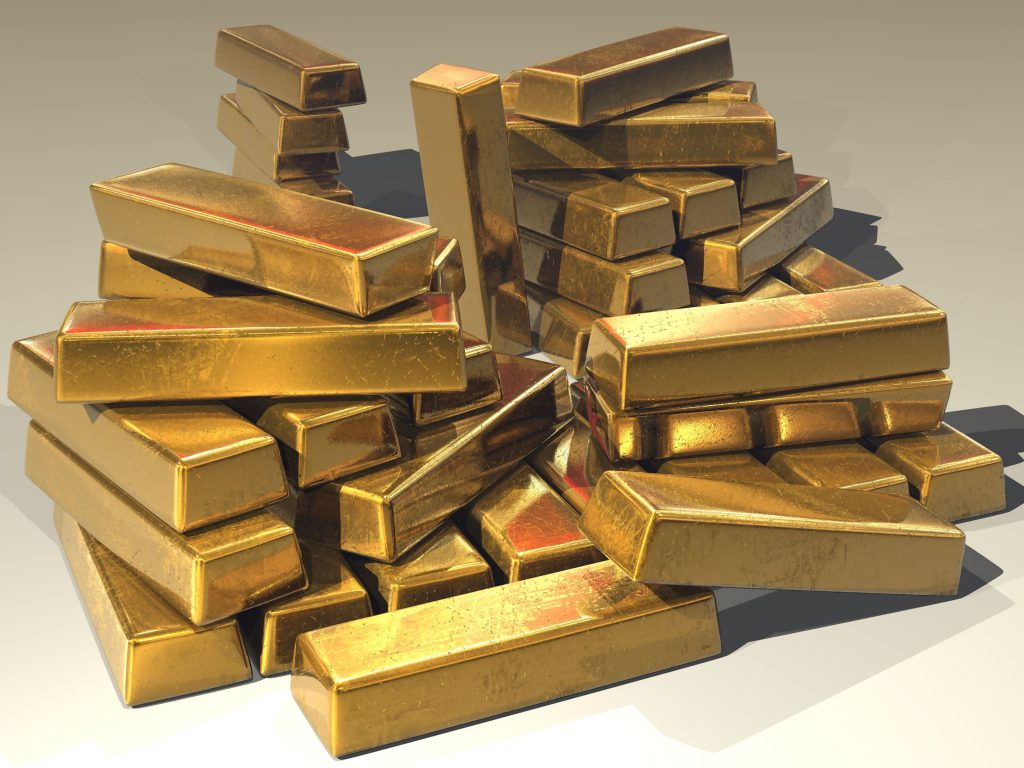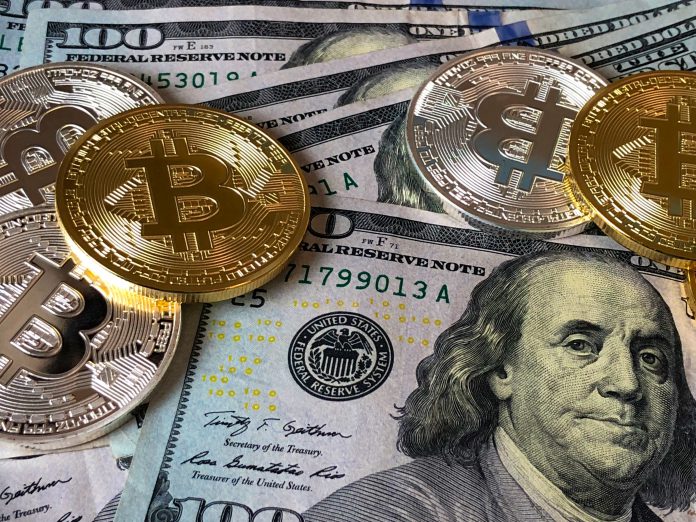Inflation is an extensively used word that most people have heard, yet few truly make sense of. What’s Inflation?.
Simply put, inflation is the rise in prices of goods and services over time.

The rise can be due to increase in production cost and upsurge in demand of these products and services. Across the world, it poses a significant challenge because it makes money saved today less valuable tomorrow. It is calculated using a myriad of economic indexes including the consumer price index (CPI) and the producer price index (PPI).
Consumer Price Index
The consumer price index measures price changes from the perspective of the consumer and tracks price changes in various goods and services. It is published each month in the Official Journal.
Producer Price Index
The producer price index looks at price changes from the seller’s perspective by measuring the prices that companies pay for the the raw materials that are used to produce goods. The PPI is beneficial because price escalations usually starts in the supply chain when the costs of production shoots up.
What Triggers Inflation?

The causes vary across countries and it does not impact everything the same way.
Demand-Pull Inflation
This is the most common cause of price increment and occurs when there is a huge consumer demand for products and services. It is also known as price inflation. If the economy demands more goods and services than are available, it fuels demand-pull inflation.
With the growing economy and global expectations of inflation which drives people to purchase things to avoid higher future prices, there is ultimately increase in demand. Alternatively, when government monetary policies cannot manage the growth rate of money supply in an economy, it drives hyperinflation. Hyperinflation is the oversupply of physical cash without corresponding increase in production of goods and services. Fiscal policy, technological innovation etc, also creates demand-pull.
Cost Push Inflation
Cost push inflation results from increase in cost of production and prices of inputs like raw materials, labour, marketing, rent, supplies etc. Here, the demand for goods and services remains the same or it increases but the supply dwindles. Which causes rise in prices of goods and services.
This type of inflationary trend is rare because demand usually declines before cost push commence. Natural disasters, supply chain disruptions and exchange rates fluctuations can also bring about cost push inflation.
What’s inflation doing to the world’s vulnerable?

Inflation lowers purchasing power, values of pensions, savings and treasury bonds. The people who will inordinately suffer from the price upsurges include low-income consumers with fixed wages, because their income remains static while prices of gas, electricity and food escalates.
Conversely, there are several uncertainties and worries for those planning towards retirement. A retiree with $1 million saved for retirement who expects to spend $50,000 annually. Assuming 3% annual inflation and a steady 3% rate of return, that $1 million would last for 20 years. But if inflation rose to 12% a year, $1 million would run out in 11 years and nine months—and that’s a good reason to be distressed.
Is No One Benefiting?

Inflation sometimes has healthy side effects. High rates makes it easier to pay back outstanding debt. Over time, the value of the debt will reduce, since the amount borrowed will not be worth as much. The government find it easier to reduce the real value of its debt.
Inflationary spirals sometimes influences job growth. Economist A. W. Philips hypothesised that when inflation is high, unemployment is low and vice versa. When job recruitment is high, more people are working and they have purchasing power which ultimately lead to increase in demand and prices soar. On the hand, When less people are working, their purchasing power decreases which leads to decrease in demand and deflation.

Assets like real estate serves as a buffer. If you own assets in housing before inflation rises, it will benefit you. Although there are limitations to this – realtors and landlords increase rents during demand-pull inflation as expected, but will find it hard to do so in cost push inflation.
Fixed-rate mortgage owners also benefit from inflation because the value of monthly mortgage payments will decrease gradually.
Other potent hedges against inflation is investments in raw material, agriculture, commodities and gold.

The Future Of The Stock Market
High inflationary spirals creates uncertainties for banks and companies. There is a reluctance to invest and this can impair the economy’s long-term performance. If inflation is minimal and predictable, it is easier to reduce its impact. Unexpected price hikes is the most upsetting.

How does this affect the stock market?. It leads to soaring stock prices. The sky-high prices of inputs during inflationary times propel most companies to experience lower profit margins, which negatively affects stock prices. The effects of inflation on stocks in the short run can be more catastrophic than the long run. That is to say that, value of stocks can appreciate over an inflationary period and the goods and services it can be exchanged for remains constant despite higher prices. Although some type of stocks perform better during inflation. Value stocks tend to perform better when rates are high and growth stocks perform better when rates are low. Value stocks are found in sectors like energy, financials, industrial and are less expensive. It is often preferred to growth stocks for investors because of lower risk, lower share prices and dividend income.
